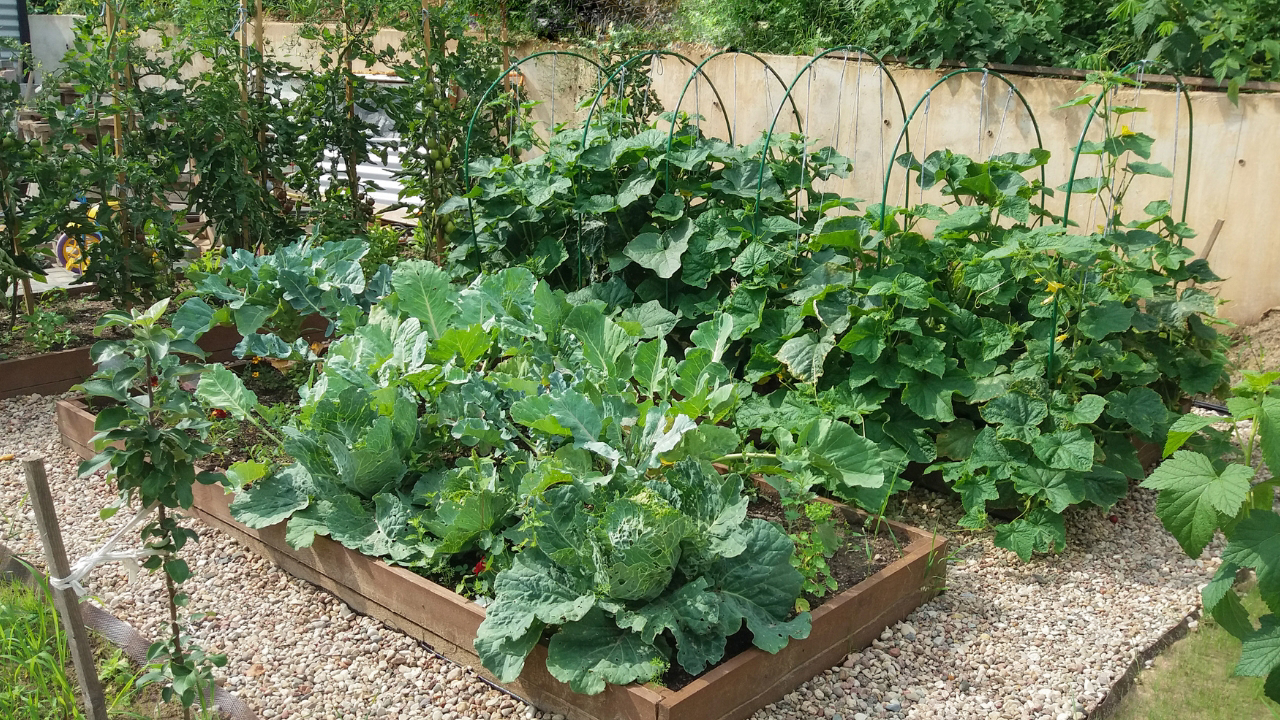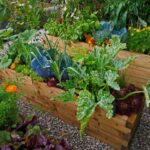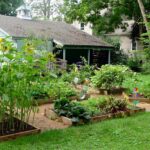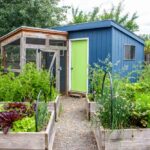In today’s fast-paced world, many individuals are seeking ways to lead a healthier and more sustainable lifestyle. One way to achieve this is by reducing chemicals with homesteading. Homesteading not only promotes self-sufficiency but also offers a natural solution to minimize harmful chemicals in our daily lives. By incorporating homesteading practices, you can create a safer and healthier environment for you and your family.

Understanding Homesteading
Before diving into the benefits of reducing chemicals with homesteading, let’s first understand what homesteading entails. Homesteading is a lifestyle of self-sufficiency, characterized by growing your own food, raising animals, and making homemade products. It emphasizes sustainable living and often includes practices such as gardening, canning, and preserving food.
The Impact of Chemicals in Everyday Life
Our modern lifestyle is inundated with chemicals, from cleaning products to processed foods. These chemicals can have detrimental effects on our health and the environment. By turning to homesteading, we can significantly reduce our exposure to these harmful substances.
Gardening: A Natural Way to Reduce Chemicals
One of the primary ways to reduce chemicals with homesteading is by starting a garden. Growing your own fruits and vegetables allows you to control what goes into your soil. By avoiding chemical fertilizers and pesticides, you can produce organic food that is free from harmful substances. Plus, gardening is a rewarding experience that connects you to nature.
Raising Animals Naturally
Homesteading also involves raising animals in a natural and ethical manner. By providing a chemical-free environment for your livestock, you ensure that the food they produce is healthier for consumption. Pasture-raised animals are not only free from antibiotics and hormones but also have a higher nutrient content.
Homemade Cleaning Products
Another significant aspect of reducing chemicals with homesteading is creating your own cleaning products. Many commercial cleaners contain harsh chemicals that can be harmful when inhaled or come into contact with the skin. By making your own cleaners using simple ingredients like vinegar, baking soda, and essential oils, you can maintain a clean home without the risks associated with chemical-laden products.
Frugal Living with Homesteading
Embracing the homesteading lifestyle can also lead to significant cost savings. By growing your own food and making your own products, you can reduce your reliance on store-bought goods and save money in the process. To learn more about frugal living through homesteading, you can visit frugal living tips.
Health Benefits of Homesteading
In addition to reducing chemicals, homesteading offers numerous health benefits. The physical activity involved in gardening and animal care can improve your physical health, while the fresh produce you grow provides essential nutrients. For more insights on the health benefits of homesteading, you can explore health benefits of homesteading.
Homesteading on a Budget
If you’re concerned about the costs involved in starting a homestead, there are ways to budget effectively. By planning wisely and prioritizing your needs, you can embark on your homesteading journey without breaking the bank. Learn more about budgeting for homesteading at homesteading budget tips.
Woodworking and DIY Projects
Homesteading also encourages creativity through woodworking and DIY projects. Building your own furniture or crafting homemade items not only reduces your chemical footprint but also provides a sense of accomplishment. Discover exciting woodworking projects at woodworking projects for homesteads.
Teaching Kids Homestead Skills
Homesteading is a valuable opportunity to teach children essential life skills. Involving kids in gardening, animal care, and DIY projects can instill a sense of responsibility and a love for nature. For ideas on teaching kids these skills, visit homestead skills for kids.
Getting Started with Homesteading
If you’re new to homesteading, the journey may seem daunting, but with the right resources and a willingness to learn, you can successfully reduce chemicals and embrace a more sustainable lifestyle. For a comprehensive guide on starting a homestead, consider visiting beginning homesteading guide.
Conclusion
Reducing chemicals with homesteading is a transformative lifestyle choice that prioritizes health, sustainability, and self-sufficiency. By adopting homesteading practices, you can create a healthier environment for yourself and your family. Embrace the journey of homesteading and experience the joy of living closer to nature.

FAQ
1. What are the basic steps to start homesteading?
To start homesteading, begin by researching and planning your homestead. Identify your goals, choose suitable land, and gradually incorporate sustainable practices such as gardening and animal husbandry.
2. How can homesteading reduce my environmental impact?
Homesteading reduces environmental impact by promoting sustainable practices like organic gardening, reducing waste, and minimizing reliance on commercial products that contribute to pollution.
3. What resources are available for beginner homesteaders?
Beginner homesteaders can access a wealth of resources online, including blogs, forums, and guides that provide valuable tips and insights for starting and maintaining a successful homestead.






